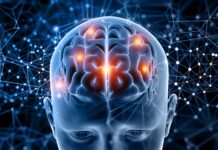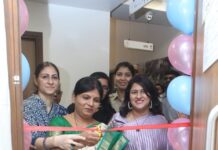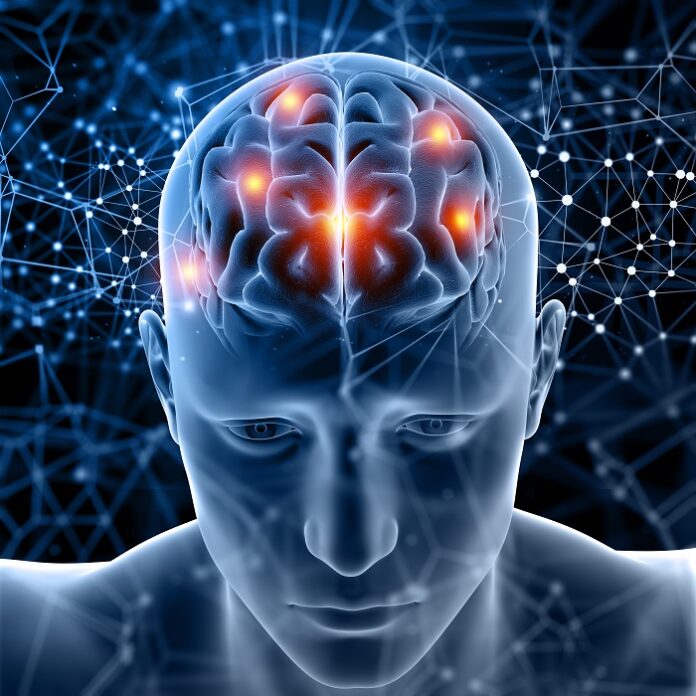Deep Brain Stimulation (DBS) is transforming the treatment landscape for complex neurological and psychiatric disorders. By delivering controlled electrical impulses to targeted regions of the brain, DBS effectively regulates abnormal activity and significantly improves patients’ quality of life.
What Is Deep Brain Stimulation (DBS)?
DBS is a highly advanced neurosurgical procedure where specialists implant electrodes into specific areas of the brain. These electrodes deliver precise electrical impulses that modulate abnormal neural activity. A pacemaker-like device, implanted beneath the skin near the collarbone, controls the stimulation. This device connects to the brain electrodes via a thin wire under the skin, allowing physicians to adjust the intensity and location of stimulation based on the patient’s condition.
Unlike traditional surgeries, DBS is adjustable and reversible, making it a safer, long-term option for managing symptoms with minimal side effects. It restores balance in brain function by reactivating underperforming neurons and tailoring therapy to each patient’s evolving needs.
Neurological Conditions Treated with DBS
DBS has shown remarkable success in treating several chronic and treatment-resistant neurological disorders, including:
- Parkinson’s Disease
- Essential Tremor
- Dystonia
- Epilepsy
- Tourette Syndrome
As reported by LinkedIn post of Yashoda Hospitals, these conditions often involve debilitating symptoms that do not respond well to medication alone. DBS offers an effective solution, helping patients regain control over their movements and lives.
Yashoda Hospitals: Advancing DBS Treatment in India
Yashoda Hospitals in Hyderabad leads the way in DBS treatment in India. As one of the country’s largest quaternary care centers, it offers a dedicated DBS clinic backed by extensive expertise and cutting-edge infrastructure. The hospital performs one of the highest volumes of DBS procedures in India. It is widely recognized for its leadership in neurosurgical excellence.























